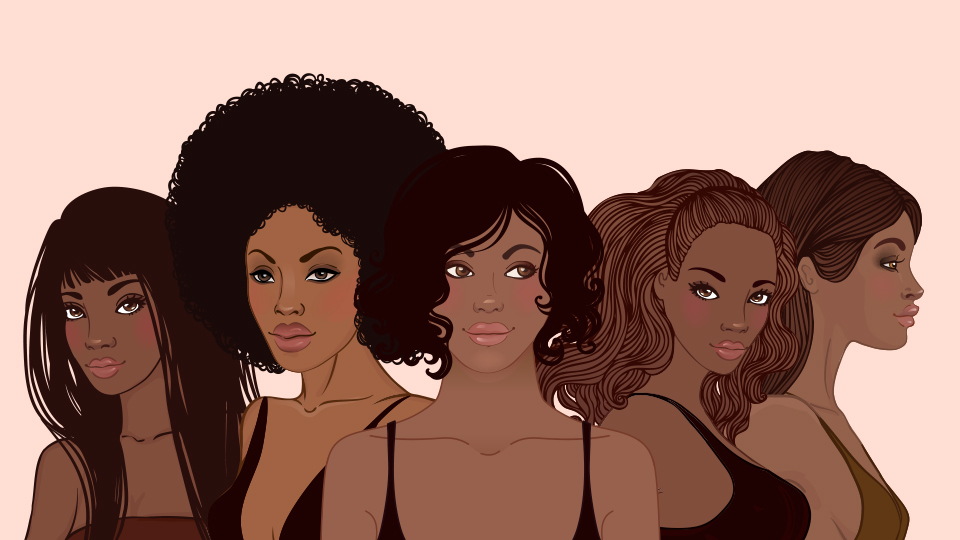14 Literature Review

Performance, Code Switching and Identities
In Goffman’s The Presentation of Self in Everyday Life, he brings up the concept of people who put up a front to seem more desirable in society. According to Goffman, people should live by this concept for society to perform well and this is their responsibility to society. He also recognizes the importance of the audience and the performer. The performer will change the way they act or do things to the audience liking. Thus, the audience has control over the performer and the performer has to adapt and be something else. Goffman claims that the presentation of self is “to the degree that the individual maintains a show before others that he himself does not believe, he can come to experience a special kind of alienation from self and a special kind of wariness of others.” (Goffman)
In Goffman’s Stigma: Notes on the Management of Spoiled Identity, he considers stigmatized people as those who do not have full social acceptance and are constantly striving to adjust their social identities to fit in this idea of normal. Which leads to his concept of social identity which is the identity that the society a person lives in deems them to be. Which is different to individual identity which is determined by the person. . In Goffman explains the difference between social identity and true identity which is that “first appearances are likely to enable us to anticipate his category and attributes, his `social identity’ – to use a term that is better than `social status’ because personal attributes such as `honesty’ are involved, as well as structural ones, like `occupation’. We lean on these anticipations that we have, transforming them into normative expectations, into righteously presented demands.” (Goffman 4). In addition, he explains tribal stigma which refers to an individual’s memberships with marginalized groups of race, ethnicities or religions, such as being a part of the black, African America, or Jewish communities.
The Treatment of Black Women & Black Feminism
In a research article, Sexual Assault Against Women of Color, by Victoria Olive, she discusses the mere fact that women of color are more likely to experience sexual assault then any other race. She mainly discusses the history of women of color and how slavery still impacts how we see people of color today. On the other hand, she also discusses how sexual assault against women of color effects every women of color and not just one person. The idea of high rates of sexual assault affects every individual who identifies as a woman of color. For example, a woman of color would not go to a party by themselves because its more unsafe for them. It’s also has to do with how women of color are treated in general. Olive also discusses the Black Feminist Theory which highlights the fact the Black Feminist needs its own branch since some factors such as sexual affect women of color at higher risks.
In from Black Hip Hop and Power and Black Feminist Thought, Collins creates a space for black women to be both feminist and black nationalist, which is now called black feminism. Collins claims that black women cannot differentiate being a woman in society and being black in society, thus black women have to make a space for themselves to support both aspects of life without devaluing the other.
